Memento Mori, Hamlet and Yorick, and David Foster Wallace
Reflections on life after escaping death
In July, I went to the Appalachian Writers Workshop in Eastern Kentucky for the sixth year in a row, where a thousand-year flood claimed 22 lives last year. I was fortunate to escape the rising waters as I (stupidly) attempted to get my motorcycle to higher ground before losing it.
If 22 Charlotte urbanites were swept away in a flood, chances are I’d either know one of them, or know someone who did. My city of 700,000 would sponsor public events to mourn them. If I lived in Knott County Kentucky’s community of 14,000, I would likely have known them all. Their relative loss is unfathomable.
Look at the granite monument honoring the deceased families: two gone from the Beaver family, three from the Combs family, two Millers, four Nobles, and four Slones.
This week, the terrible wildfires in Hawaii have killed 55+ people, with 1000+ reported as missing. Since you’ve read this far, the only wisdom I can offer in light of the ongoing weather-spawned tragedies, is to accept that you too will die. This comes with the related advice not to waste what’s left of your one precious life. That’s the spirit of what’s meant by the Latin phrase memento mori (remember that you must die)1.
Without naming it, Mary Oliver embeds memento mori in a poem that ends:
Doesn’t everything die at last, and too soon?
Tell me, what is it you plan to do
with your one wild and precious life?
I love her way of putting it: "(we) die at last, and too soon.” At last, and too soon.
Hamlet and Yorick
Memento mori is a huge influence on Christian religious art: a human skull or skeleton, mournful angels, hourglasses, and a type of still life called vanitas that uses symbolism to show the transience of life, the futility of pleasure, and the certainty of death.
Some religious practices encourage devotees to place a human skull in a prominent place to remind them that life is a preparation for the hereafter.
Contemplating a skull isn’t just for the Christian religious. Hamlet is often pictured with one in posters. My public education in a rural school district lacked access to AP courses, so I didn’t read much Shakespeare. I turned to the website Interesting Literature to learn that the skull is Yorick, jester to King Hamlet, who was murdered by Prince Hamlet’s uncle, Claudius.
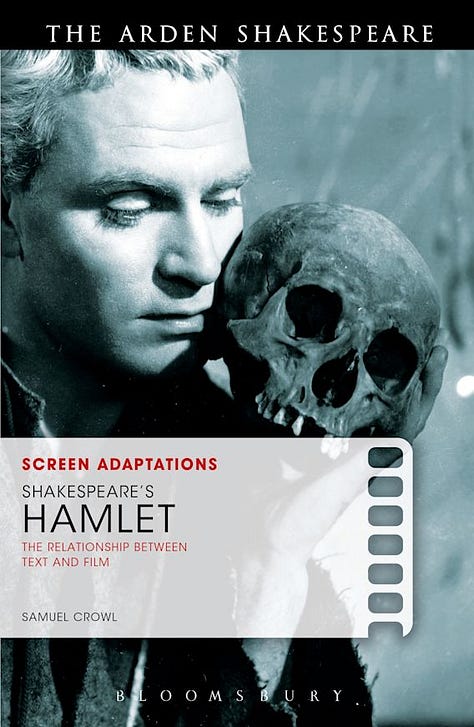

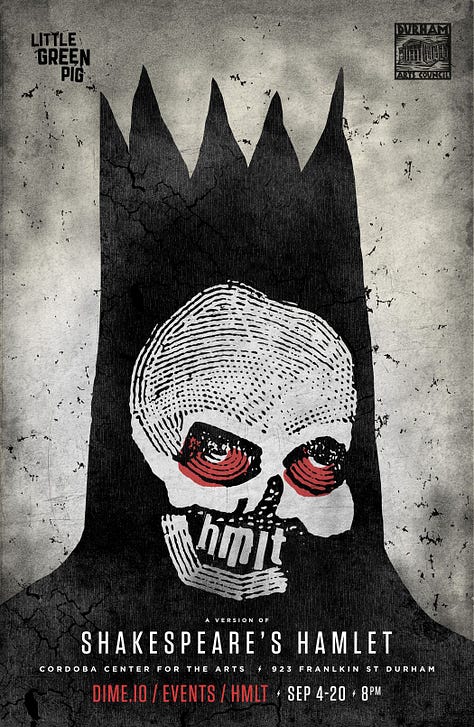
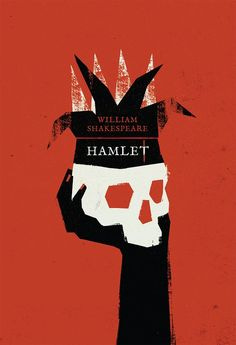
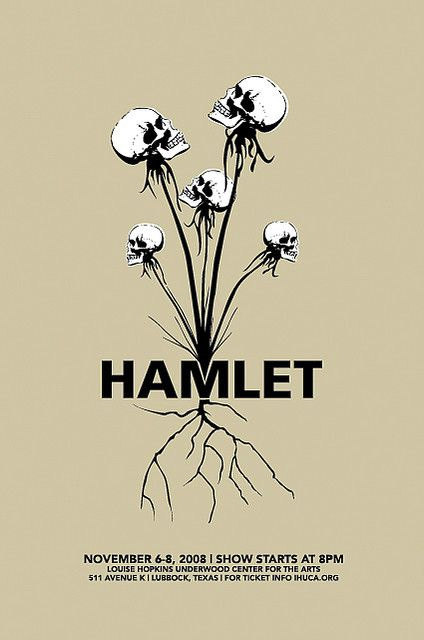
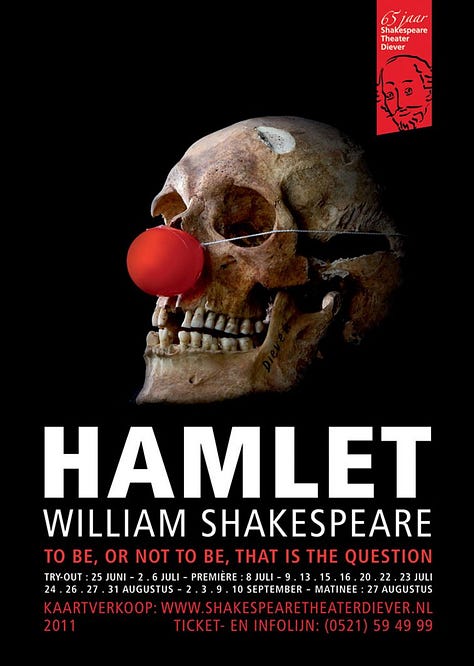
Yorick, being a jester, was ‘a fellow of infinite jest’ (a phrase David Foster Wallace co-opted for his famous novel, Infinite Jest), as we might expect.
But the fact that he was a jester also creates a poignant contrast between the levity of living, or enjoying life (there are references elsewhere in Shakespeare to kings taking ‘delight’ in their jesters’ jokes and tricks) and the bleak reality of eventual oblivion: no matter how much fun you have while alive, you are destined to become no more than a lifeless skull, like Yorick. ~By Dr Oliver Tearle (Loughborough University) on the website Interesting Literature
Enter David Foster Wallace
Speaking of David Foster Wallace, if you haven’t yet heard his famous commencement speech from 2006 at Kenyon, or have forgotten it, I have the honor of presenting it here along with two of my favorite excerpts.
It is not the least bit coincidental that adults who commit suicide with firearms almost always shoot themselves in the head. They shoot the terrible master. And the truth is that most of these suicides are actually dead long before they pull the trigger…
Later:
If you worship money and things, if they are where you tap real meaning in life, then you will never have enough, never feel you have enough. It’s the truth. Worship your body and beauty and sexual allure and you will always feel ugly. And when time and age start showing, you will die a million deaths before they finally grieve you. On one level, we all know this stuff already. It’s been codified as myths, proverbs, clichés, epigrams, parables; the skeleton of every great story. The whole trick is keeping the truth up front in daily consciousness.Worship power, you will end up feeling weak and afraid, and you will need ever more power over others to numb you to your own fear. Worship your intellect, being seen as smart, you will end up feeling stupid, a fraud, always on the verge of being found out. But the insidious thing about these forms of worship is not that they’re evil or sinful, it’s that they’re unconscious. They are default settings. ~David Foster Wallace
My hope with today’s newsletter is not to bring you down. On the contrary, I hope that you will sit up and take stock of what’s important in your life, and then set your daily priorities accordingly.
Thank you, subscribers, for making this newsletter one of your priorities. I’ll write the next one about what I learned at the Appalachian Writers Workshop. I promise.
https://en.wikipedia.org/wiki/Memento_mori





